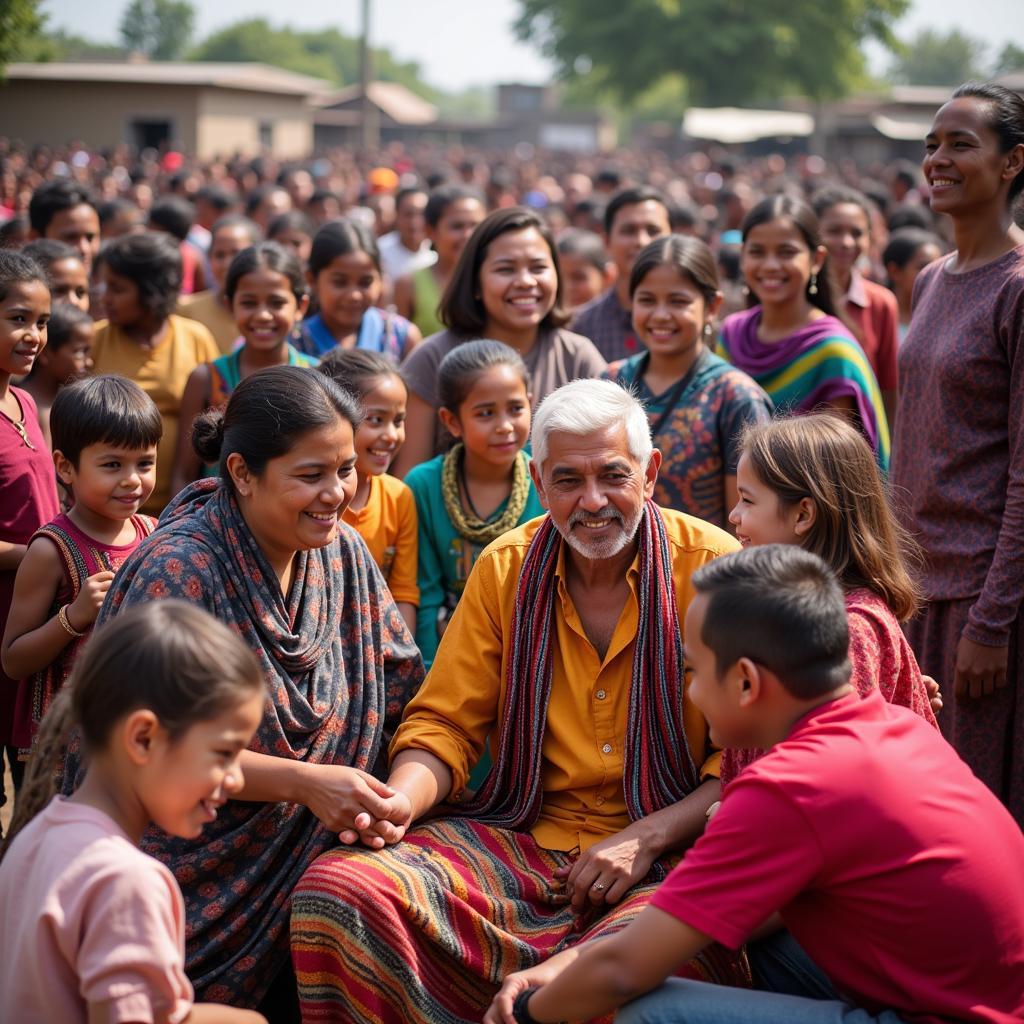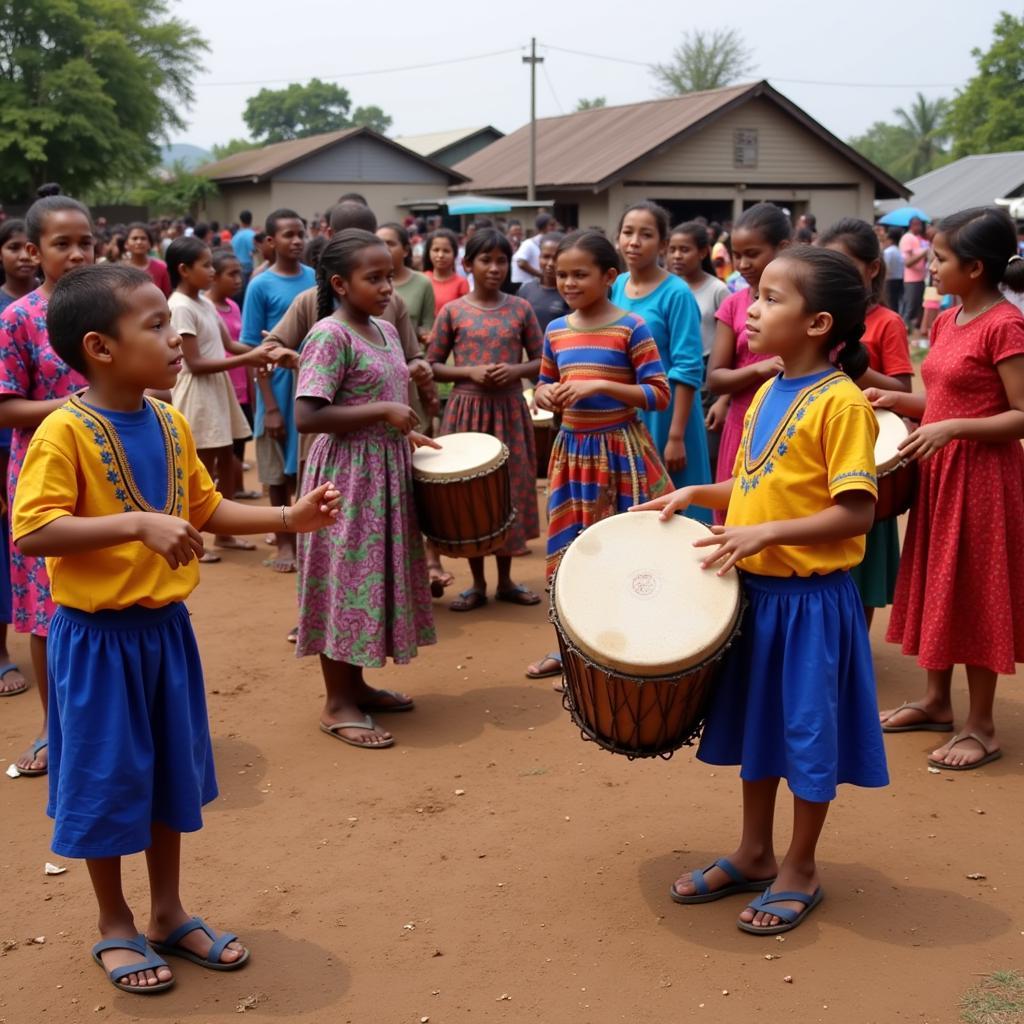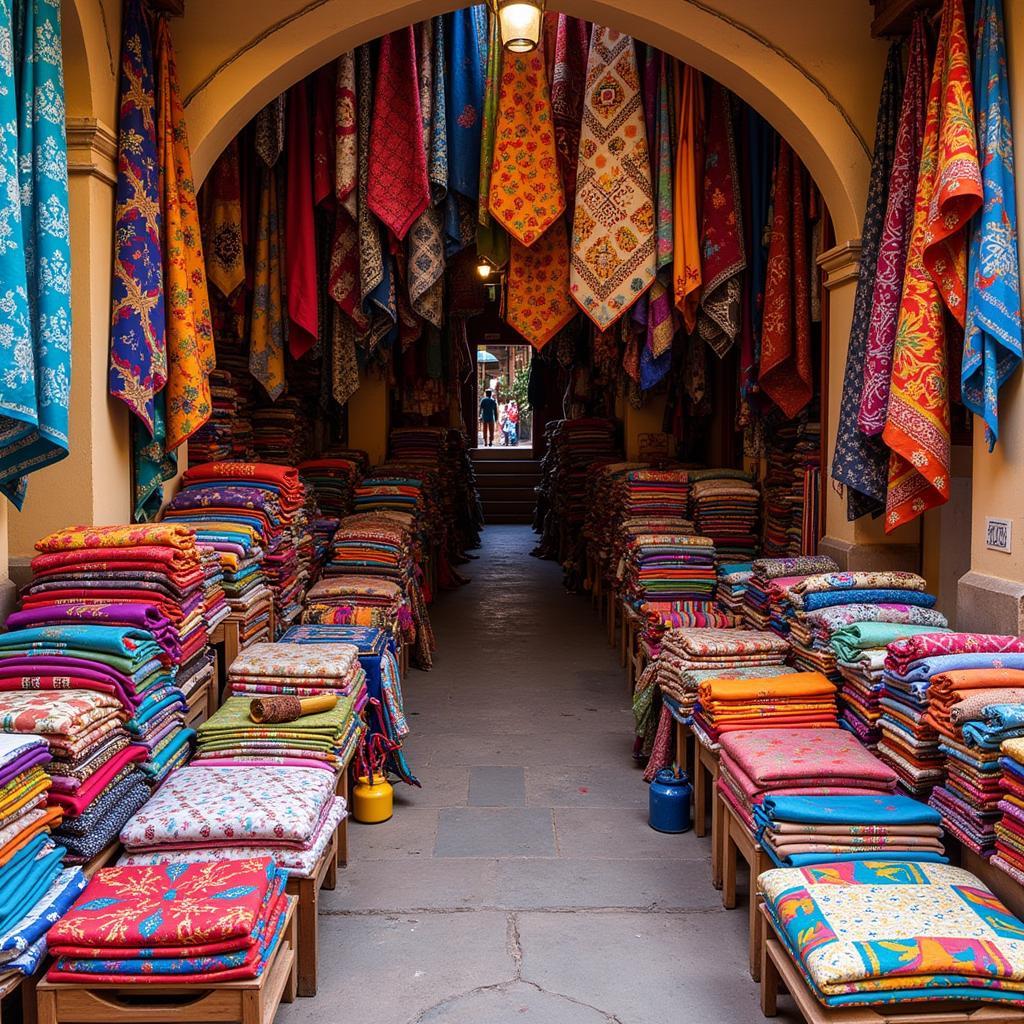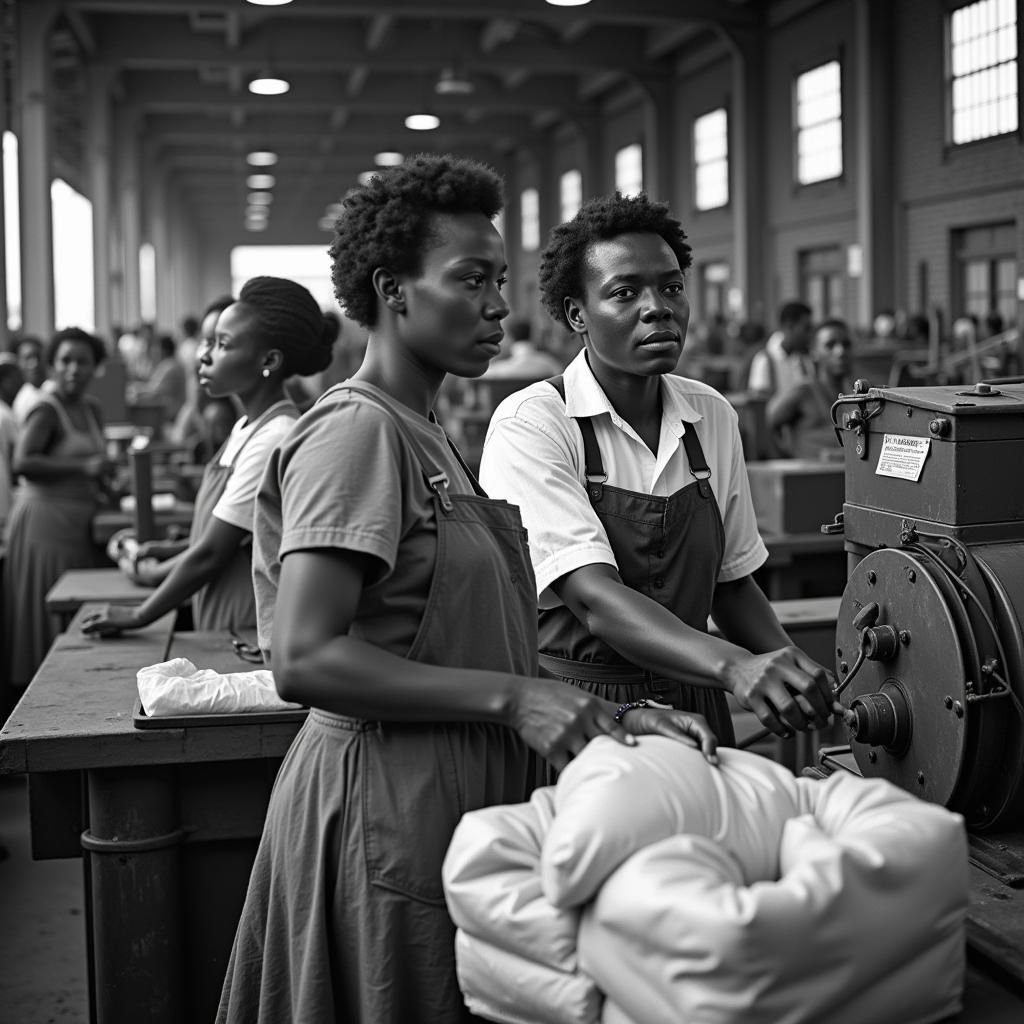The Heart of Africa: Understanding the African Family
The African Family is the bedrock of the continent’s vibrant and diverse cultures. From the bustling cities to the serene rural landscapes, family plays a central role in shaping individual identities, community structures, and societal values. This article delves deep into the intricacies of African family life, exploring its unique characteristics, evolving dynamics, and enduring significance in the 21st century.
Diverse Structures and Strong Bonds: Exploring African Family Dynamics
African family structures are as diverse as the continent itself. While the nuclear family unit is becoming increasingly common, extended families remain a cornerstone of African society. This often includes grandparents, aunts, uncles, cousins, and even close friends, all living together or in close proximity, creating a powerful support system. These strong familial bonds foster a sense of belonging, shared responsibility, and mutual support in times of need. This strong interconnectedness is often reflected in traditional practices, such as communal childcare and shared resources. You can find some resources related to African family values here: african family values.
 Extended African Family Gathering
Extended African Family Gathering
The Role of Elders and Ancestral Reverence in the African Family
Respect for elders and reverence for ancestors are deeply ingrained in African cultures. Elders are considered the custodians of wisdom and tradition, playing a crucial role in decision-making, conflict resolution, and passing down cultural heritage to younger generations. Ancestral reverence is also a key aspect, with many families believing that their ancestors continue to influence their lives. This belief fosters a strong sense of continuity and connection to the past.
How Family Structures Influence Community Life
The structure of the African family significantly influences community life. The emphasis on collective responsibility and mutual support extends beyond the immediate family, shaping social interactions, economic activities, and even political structures within communities. This sense of community is often expressed through communal gatherings, festivals, and rituals, which reinforce social bonds and strengthen cultural identity.
 African Family Participating in a Community Event
African Family Participating in a Community Event
African Family in the Modern Era: Navigating Change and Continuity
The African family is not static; it is constantly evolving in response to social, economic, and political changes. Globalization, urbanization, and migration are influencing family structures and dynamics. However, amidst these changes, core values such as respect for elders, strong kinship ties, and a deep sense of community continue to endure, providing a sense of stability and continuity in a rapidly changing world. For a unique perspective, consider african dad daughter tube.
What are the common challenges faced by African families today?
Modern African families face various challenges, including economic hardship, access to education and healthcare, and the impact of social issues such as HIV/AIDS. Despite these difficulties, the resilience and adaptability of the African family remain remarkable, as they continue to find innovative ways to support each other and preserve their cultural heritage.
Celebrating the Rich Tapestry of African Family Life
The African family is a testament to the continent’s rich cultural heritage and enduring human spirit. It is a complex and dynamic institution that continues to evolve while preserving its core values. By understanding the intricacies of African family life, we can gain a deeper appreciation for the diverse cultures and traditions that make Africa so unique. Explore further by checking out african family photos holding tree. It might surprise you. Additionally, for those interested in a more specific demographic, you may want to look at african faty aunty swx and african aunties xxxsexvedios.
In conclusion, the African family, in all its diverse forms, remains a vital force in shaping the continent’s future. Its resilience, adaptability, and enduring values offer valuable lessons for families around the world.
FAQ
- What is the typical size of an African family? African families vary greatly in size, from nuclear families to large extended families.
- What is the role of women in African families? Women play crucial roles, often responsible for childcare, household management, and economic activities.
- How do African families celebrate important occasions? Celebrations often involve elaborate rituals, feasts, music, and dance, reflecting the community’s cultural traditions.
- What are some common African family traditions? Traditions vary widely, but respect for elders, storytelling, and communal activities are common themes.
- How are family disputes resolved in African cultures? Elders often play a mediating role in resolving disputes, emphasizing reconciliation and maintaining family harmony.
- What challenges do African families face in accessing education? Limited resources, poverty, and geographical barriers can create challenges in accessing quality education.
- How do African families support each other during times of hardship? Strong family bonds and a sense of shared responsibility ensure mutual support in times of need.
Need more assistance? Contact us 24/7: Phone: +255768904061, Email: kaka.mag@gmail.com, or visit us at Mbarali DC Mawindi, Kangaga, Tanzania. We’re here to help!

